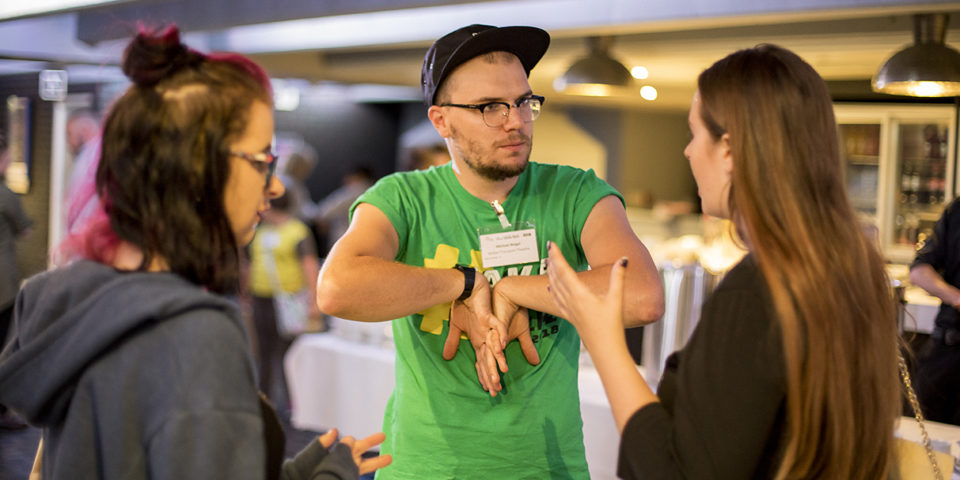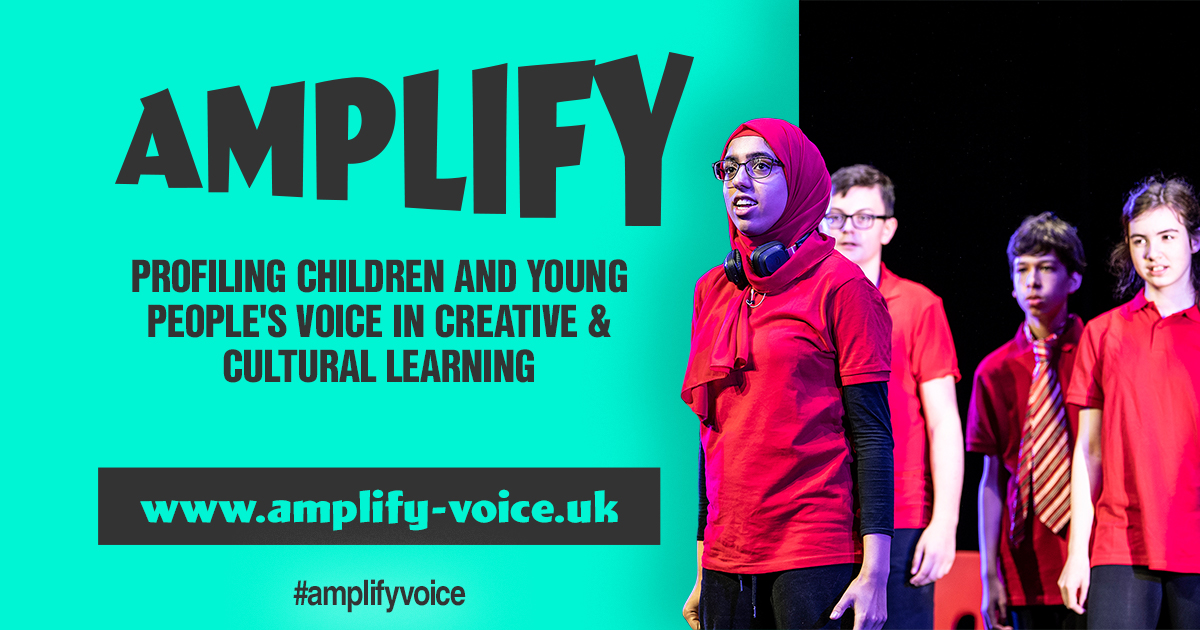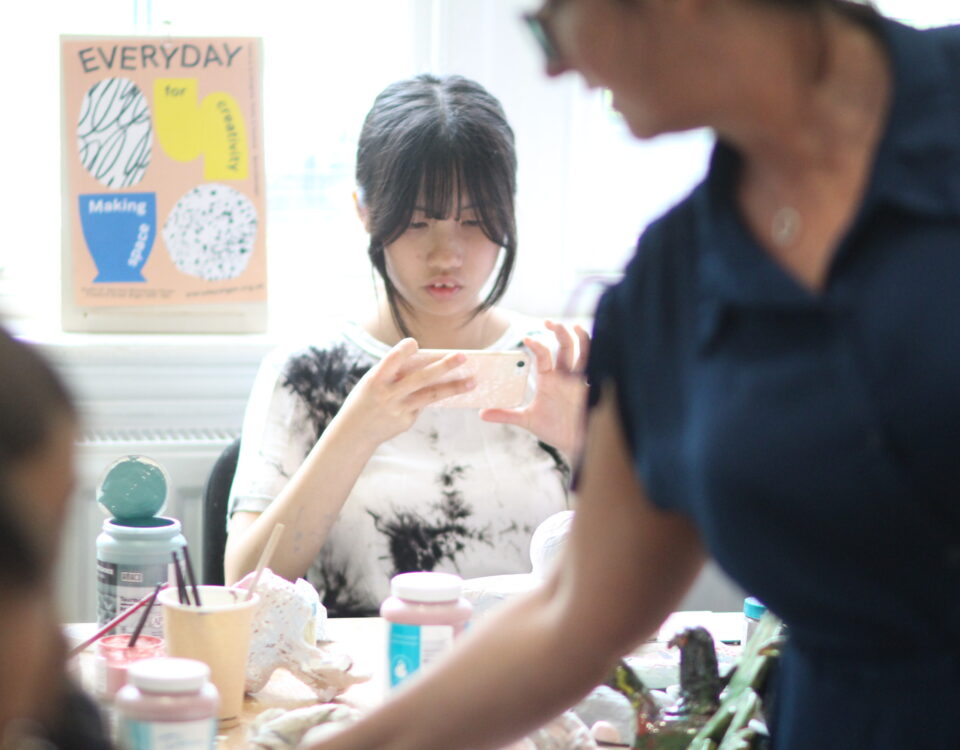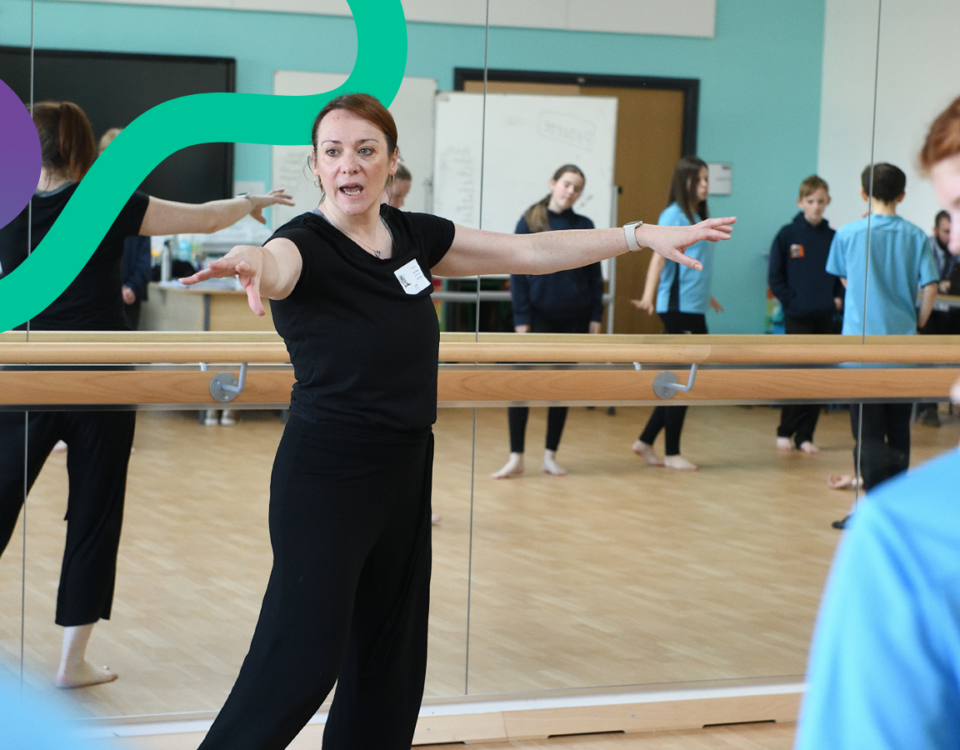
Summer Learning Map
May 7, 2021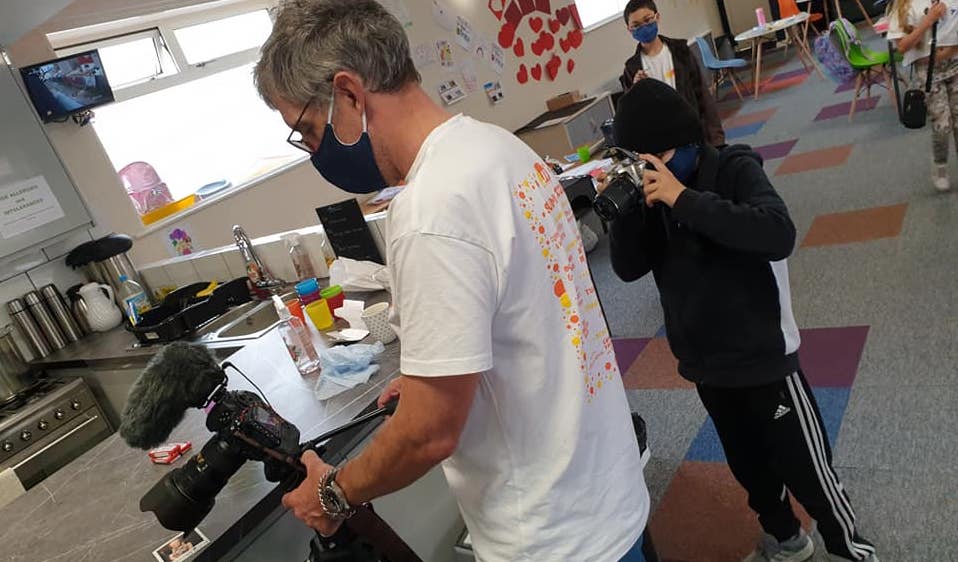
Bubble Up Summer Commissions
June 11, 2021Our Top Tips for Youth-led Success!
Often, conversations around youth leadership understandably focus on the benefit this has for young people, or the organisations they contribute to. But, behind each of the success stories is a story less often told of the individual adults who have enabled the young people’s success.
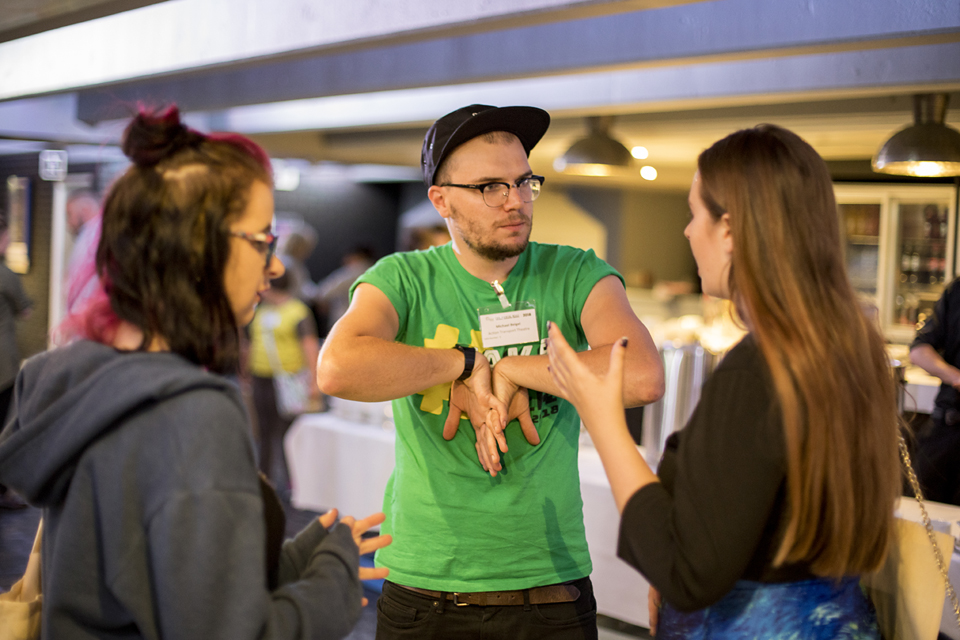
Being that enabler can be a BIG ask.
These adult professionals tie their success to that of the young people they enable. They are likely to be held responsible for the work being a triumph (or not), whilst simultaneously being asked to relinquish their control. They are asked to start a journey without a map and make navigation decisions democratically with an inexperienced crew; whilst making sure they arrive at their destination safely and have a brilliant time getting there. This work is not for the faint-hearted.
Here are five top tips for adults leading youth led work, which we’ve learned from the brilliant Hope Hub Leads from our Festival of Hope partner museums:
These adult professionals tie their success to that of the young people they enable. They are likely to be held responsible for the work being a triumph (or not), whilst simultaneously being asked to relinquish their control. They are asked to start a journey without a map and make navigation decisions democratically with an inexperienced crew; whilst making sure they arrive at their destination safely and have a brilliant time getting there. This work is not for the faint-hearted.
Here are five top tips for adults leading youth led work, which we’ve learned from the brilliant Hope Hub Leads from our Festival of Hope partner museums:
1Let go of creative control of the outcome. Put your energy into ensuring high quality instead.
There is an important difference between taste and quality. Organisations often look to young people precisely because their taste is different and more likely to appeal to other young people. However, there is nothing worse than a young person being disappointed with the outcome of their own hard work, especially when it will be shared publicly. This is where the adults can perhaps be most useful. In reality, most often adults are pleasantly surprised by the high quality young people produce when they are given the space and support they need.
2Nudge, don’t nag. Lend your experience and expertise without taking the reins back. Set your boundaries.
Those who choose to work with young people generally do so because they like them and want to empower them. But when young people underestimate what it takes to make their ideas come alive, it’s not unusual for the adult to have to pick up the slack.
It’s perhaps precisely the unwillingness to be bogged down by prior experience that makes young people’s work energized and exciting. Whether it’s driven by naivety or optimism, balancing ambition with the reality of actually getting things done is never easy. Using curiosity can certainly help to turn a nag into a nudge - ‘What do you think might happen if X doesn’t get done in time?’. Group agreements and nurturing a sense of group responsibility can encourage accountability amongst peers, so the adult can do less of it.
It’s possible to relinquish control and still lend the benefit of your hard earned experience to a group. ‘In the past, I’ve experienced that it can take three weeks to get permission for things like this. Do you have enough time?’. Being honest when you don’t know something and need to get some advice is good modelling. It’s also essential the adult feels empowered to say no to decisions that have big implications for them personally (e.g. working extra hours, compromising other projects) or for their organisations
3Create a healthy ethos around failure and risk. Anticipate. Spread the risk. Build in flexibility.
By shielding young people from failure or imperfect experiences, are we not robbing them of a valuable opportunity to learn? Setting up a good ethos around risk and failure at the start helps, and arts and culture activities are the perfect sandpit for low stakes failure to be experienced. Being honest about how much risk is acceptable, when you will step in and what’s non-negotiable is healthy, both for the young people and any other adults involved. If you support young people to process less than perfect experiences, it’s the lesson that prevails. Knowing your group well enables you to anticipate and have contingency plans. We’d suggest timescales are kept long and flexible. Setting up a flexible project structure that avoids all your eggs being in one basket will offer protection against individual problems shaking the foundations of the project.
4Build trust in every direction. Get decision makers on board.
Entering into the unknown together requires a high degree of trust in all directions. Adult facilitators have to earn the trust of their groups. Trust that they will be allowed freedom, trust that they’ll be supported, trust that the adults won’t take over as soon as they don’t like what’s happening. At the same time, the facilitators need to develop trust for the group as they relinquish greater levels of control.
There’s a third dimension to this too, the need to earn trust and win over sceptics from within organisations which may not be inherently young people focused. One method often used is to bring the young people and decision makers into direct contact, whether that’s to ‘speak truth to power’ or to pitch a project idea. Facilitators need to build trust that leaders will allow them the space and flexibility to navigate the complexity of youth led work. When this is in place, youth led work can even circumnavigate some of the usual ‘red tape’.
The Festival of Hope is part of Hope Streets, a five year project led by Curious Minds, working with five heritage partners (The Atkinson, Southport, Bolton Museum, Lancashire Museums, Tullie House Museum and Art Gallery, Carlisle, and West Cheshire Museums) to transform how they work with young people. It is supported by National Lottery Heritage Fund as part of their Kick the Dust programme.
To find out more visit https://curiousminds.org.uk/im-curious-about/hope-streets/
Tune-in to Amplify
Profiling children & young people's voice in creative & cultural learning, Amplify is a series of inspiring videos made for professionals working in the cultural, education & youth sectors. Each episode shares evidence from a range of contexts designed to inspire & give practical tools to support your work with amplifying children & young people’s voice.

